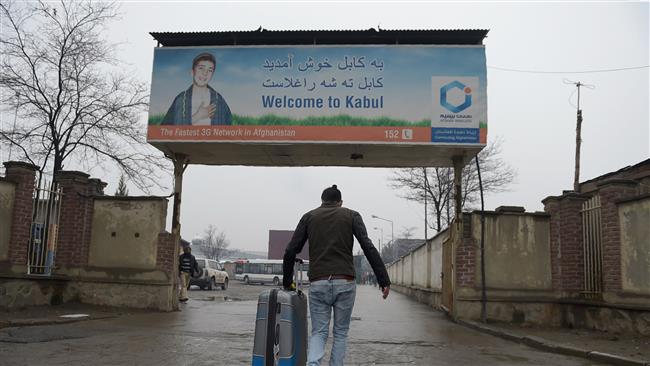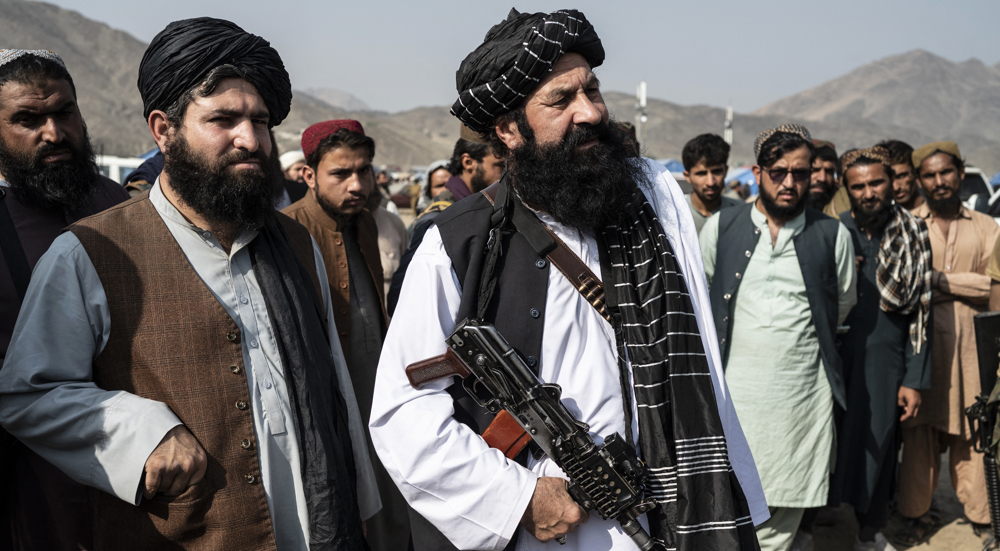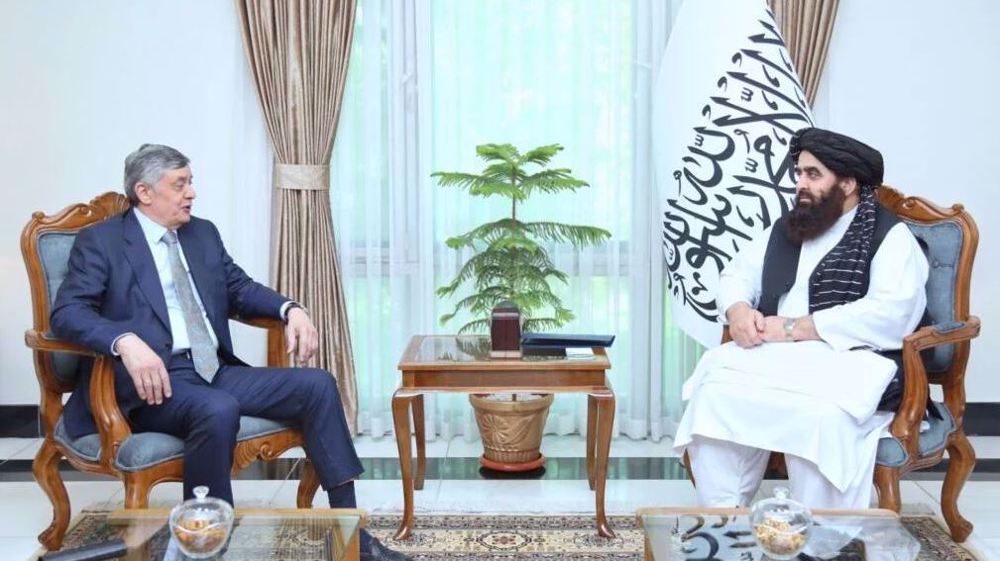Germany deports second batch of Afghan refugees
Germany has deported a second batch of Afghan refugees under a controversial deal between Kabul and the European Union.
Kabul airport police spokesman, Mohammad Adjmal Fawzi, said the 26 men, escorted by 80 German police officers, landed in the Afghan capital shortly after 7:30 a.m. local time on Tuesday.
"What would you have me do here? There is only death!" said 19-year-old Ramid Afshah, who returned after five years, expressing feelings of anxiety.
The returnees, who face an uncertain future, will be sheltered by the Afghan government for at least two weeks.
Some 10,000 Afghans returned from Europe last year, as the country is already overwhelmed by people fleeing fighting.
Several of the returnees said they had been detained by German police at dawn on Monday and sent to Kabul with a backpack containing their belongings.
Arash Alkozai, 21, who had come to Germany when he was 16, said the police "came to pick us up yesterday morning at 4:00 a.m. and we were treated like animals."
The forced deportations have prompted reactions from activists. About 250 people staged a protest against the deportation of Afghan refugees at Frankfurt airport on Monday night.
"Afghanistan is simply at war, which is why we are protesting against expulsions to a country like Afghanistan," media outlets quoted Sarmina Stuman of the Afghan Refugees Movement as saying.
In mid-December, Germany deported 34 Afghan refugees after rejecting their asylum requests.
Germany has been carrying out collective deportations based on an agreement Brussels and Kabul reached in early October 2016.
Afghan refugees constituted the second largest group of asylum seekers after Syrians in Germany. However, anti-refugee sentiments have been on the rise and there have been increasing demands pressed by opposition parties to curb the number of refugees.

Europe has been experiencing an unprecedented influx of refugees over the past months. The asylum seekers flee conflict-ridden zones in North Africa and the Middle East, particularly Syria.
Many blame major European powers for the exodus, saying their policies have led to a surge in terrorism and war in the violence-hit regions, forcing more people out of their homes.
US hostage-taking of Iranian nationals violation of intl. law: Deputy FM
VIDEO | Carol Singers for Palestine on London’s Parliament Square
American warplane downed after Yemeni attacks 'baffled' US air defense: Ansarullah
VIDEO | Yemenis praise the military for its successful operations against Israel
VIDEO | Israel continues to bomb Gaza homes
VIDEO | An insider's view of the country: Meybod City in Yazd
‘All wars have rules. All of those rules have been broken’ by Israel
VIDEO | Report flags India’s violation of rights of Rohingya detainees










 This makes it easy to access the Press TV website
This makes it easy to access the Press TV website